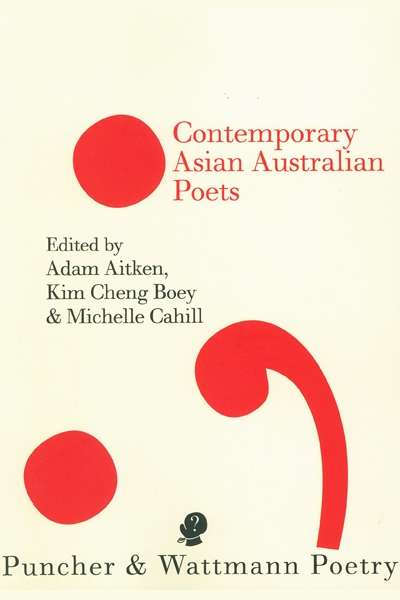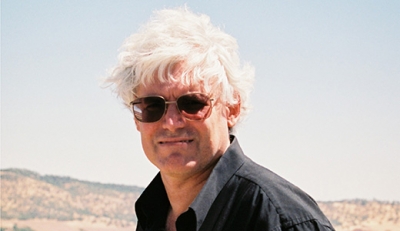John Kinsella
Contemporary Asian Australian Poets edited by Adam Aitken, Kim Cheng Boey, and Michelle Cahill
by John Kinsella •
Writing can bring change. I think of myself as an activist writer. I try to act as witness, and convey and interpret what I see.
... (read more)Searching for his crowd
out of the silence of the cloister,
black robes tousled by the nor’-wester,
first bite of heat caught on the brim
1.
Surrounded by the countless dead
And restrained in illness to her bed
The hilltipped winds that seared her face
Made her young as they made her old
Head tilts to strings
beyond setting –
cross-notes of talk,
gallery folk
Activist Poetics: Anarchy in the Avon Valley by John Kinsella, edited by Niall Lucy
by David McCooey •
He polished his car to a shine, he kept
a ‘clean machine’ inside and out, but down
from ‘up north’, the red dirt would stay
in the seams of doors, around the fittings.
A detailing of distance. A truth unto itself ...






